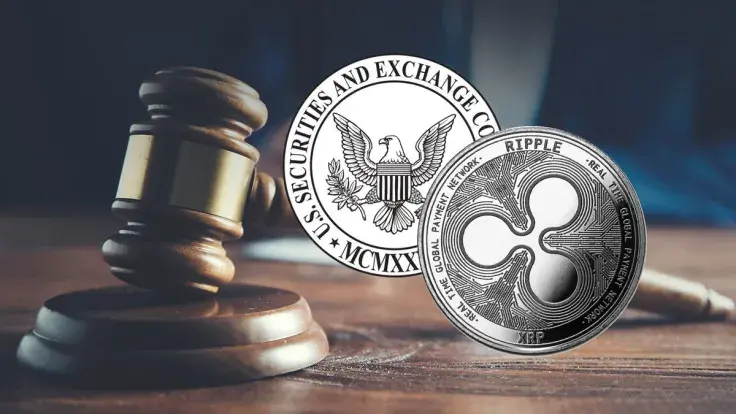
General counsel and head of decentralization at Andreessen Horowitz (a16z), Miles Jennings, said he had no hope of a Ripple court victory against the SEC. The functionary bases his opinion on the fact that Ripple itself sold XRP retail to investors.
According to the commission, this fact means that the value of the cryptocurrency was determined by the company's actions, different from what is found in decentralized ecosystems, Jennings says. "I'm for Ripple and worked on CCI's brief, but I don't have my hopes up," he concluded.
Because they were selling tokens to retail in the US, and, per to the SEC, the value of those tokens were dependent on Ripple's efforts as opposed to a decentralized ecosystem. I'm for Ripple and worked on CCI's brief, but I don't have my hopes up.https://t.co/mI2VajORhP?from=article-links
— miles jennings (@milesjennings) November 8, 2022
Crypto lawyer and XRP holder representative, John Deaton, objected to Jennings and said it is pointless to rely on the regulator's opinion. Hinman, the former head of the SEC, believed Ethereum was not a security, while the current commission director believes it is, Deaton said, offering an example.
Centralized crash
The a16z official's remarks about Ripple followed his thesis that all of the recent major crashes of crypto projects have been because they were centralized or, rather, not decentralized. The most recent example was the fall of major exchange FTX, which became insolvent.
It is highly likely that FTX will be taken over by Binance, another leading centralized crypto marketplace. The collapse of FTX and its affiliates caused a $100 billion drop in crypto market capitalization in a single day.

 Dan Burgin
Dan Burgin U.Today Editorial Team
U.Today Editorial Team